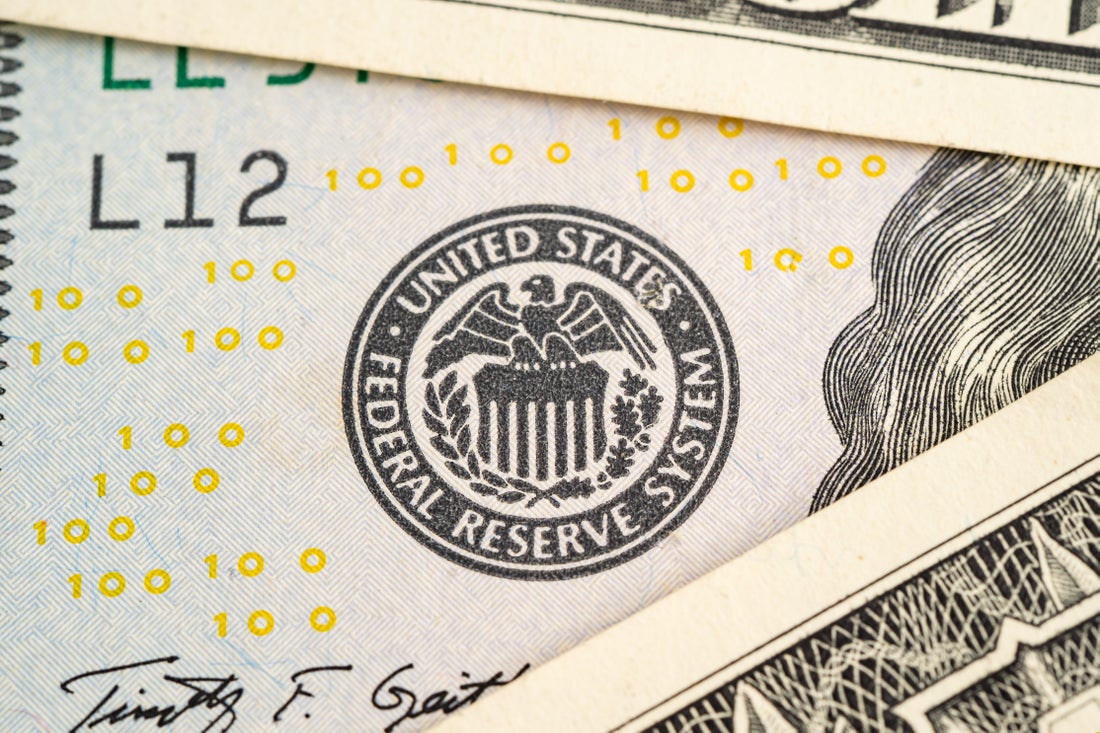Few tax breaks are as lucrative as the health savings account. HSAs help people with high-deductible health insurance policies to save money toward their healthcare expenses. Those who qualify can contribute up to an annual maximum, getting a tax deduction for the money they set aside. In most years, that maximum contribution limit goes up, and 2018's HSA limits will be slightly higher than 2017's. Yet there are even bigger benefits about HSAs that you should know about in order to plan for your health and retirement needs, and you'll learn more about these valuable savings tools below.
What's changing with HSAs in 2018?
Inflation picked up during the past year, and as a result, the contribution limits for health savings accounts in 2018 will be markedly higher than in 2017. Unlike what we saw the previous year, all of the contribution limits will go up in the coming year, regardless of family status or the nature of the coverage that you have.
In addition, high-deductible health plans will have to have slightly higher deductibles in order to qualify for favorable HSA status. They'll also be able to charge slightly more in out-of-pocket maximums and still qualify. The table below summarizes all of the changes.
|
HSA Feature |
Limit for 2018 HSAs |
Change From 2017 Limits |
|---|---|---|
|
Maximum HSA contribution- |
$3,450/ |
Up $50/ |
|
Minimum annual deductible for HDHPs-self-only/family coverage |
$1,350/ |
Up $50/ |
|
Maximum annual out-of-pocket expenses-self-only/family coverage |
$6,650/ |
Up $100/ |
Table by author. Data source: IRS.
Those who are 55 or older are also eligible to make an additional catch-up contribution to an HSA. This catch-up amount is locked in at $1,000. So, for instance, those who will be 55 by the end of 2018 and have self-only coverage will be able to contribute and deduct up to $4,450 with an HSA.
What's so special about HSAs?
The thing that most people look at with health savings accounts is the ability to deduct contributions toward healthcare expenses. That stands in stark contrast to current rules about healthcare expenses generally, as you can typically only take medical expenses as itemized deductions, and then only if they exceed 10% of your adjusted gross income.
There's also a big benefit when you need to use the money on healthcare. When you withdraw money from the HSA to pay qualifying medical expenses, it comes out free of tax. You can therefore avoid tax not only on your initial contribution but also on any earnings that your savings generate while they're inside the HSA.

HSAs can help you cover unexpected medical bills. Image source: Getty Images.
HSAs aren't the only way to save for healthcare costs. Many workers qualify for flexible spending accounts, which have some of the same benefits as HSAs. Yet unlike FSAs, there's no time limit involved in spending the money that you save in the account. Any unused amount can remain in the HSA for use as far into the future as necessary. You'll never forfeit money in an HSA.
These favorable aspects of HSAs create the potential for a great investment opportunity. You can take HSA money and invest it in a wide variety of different investments, with some institutions giving you the same sort of access you'd typically find in an IRA. As an investment, HSAs are even better than Roth IRAs in that you get not only tax-free treatment on withdrawals for healthcare purposes but also an up-front tax deduction. No other investment offers that powerful combination in exactly the same way.
Get the most from your HSA
Lastly, be sure to check with your employer to see if you have coverage under an employer-sponsored plan. Some companies have recently introduced HSAs as options in their health insurance packages, opening the door to let workers obtain high-deductible health plans and set money aside in health savings accounts. You'll even find a handful of companies that make employer contributions to HSAs, supplementing your own savings.
Health savings accounts have some great features that are worth looking at more closely. The 2018 HSA changes only enhance the favorable qualities of these savings vehicles.





